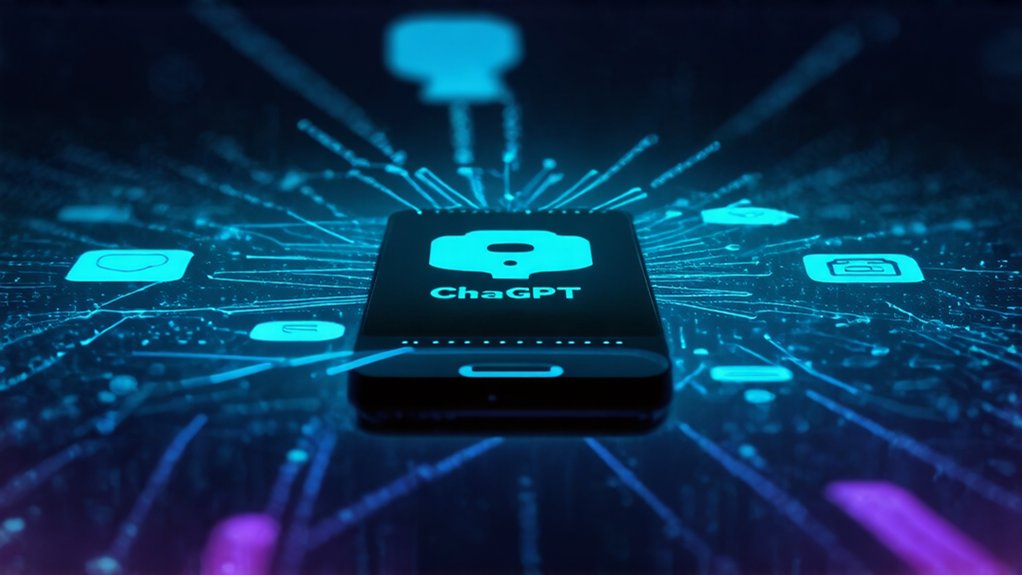As OpenAI launches “Sign in With ChatGPT” in a preview for developers via the Codex CLI this May 2025, it’s basically a smarter way to log into third-party apps using your ChatGPT account credentials—Free, Plus, or Pro. This streamlined login ties your identity to ChatGPT, making it easier to hop into apps without the usual hassle. Oh, and it might expand to online shopping, social media, or even personal devices. Imagine ditching passwords for this AI-powered shortcut. Pretty slick, huh? By creating an account, users can enjoy additional features like voice conversations.
But why now? OpenAI’s capitalizing on its massive user base—over 600 million monthly actives—to challenge giants like Apple and Google. It’s a bold move, integrating AI into everyday services for quicker developer onboarding. They’re even throwing in incentives, like $5 in API credits for Plus users and $50 for Pro. Yeah, it’s a carrot to get folks hooked. This setup aims to weave AI deeper into consumer life, offering a competitive edge.
OpenAI’s capitalizing on 600 million users to challenge Apple and Google, offering incentives like API credits to hook developers and weave AI into daily life.
For users, it’s all about convenience. Single sign-on cuts down on password fatigue, boosts security, and could sync your data across apps. Think personalized AI features popping up everywhere, reducing phishing risks.
But wait, it gets better—or does it? You might opt out of model training when logged in, with temporary chats vanishing after 30 days. More visibility into data usage? Sure, that’s a win. Yet, it’s not all sunshine; risks lurk, like potential data leaks if your account gets compromised. For organizations, detecting account creation using company email accounts can help track user activity and mitigate compliance risks.
Technically, this likely uses OAuth protocols, letting developers connect via API endpoints in the Codex CLI. Picture unified management across platforms, with possible rewards. Use cases? Logging into e-commerce with ChatGPT creds, or AI-enhanced social profiles. Educational tools could pull your account data for personalization.
Of course, there’s the flip side: centralized identity means faster data spread if things go wrong. Privacy concerns? Absolutely. Dependence on OpenAI for logins? Kinda risky, if you think about it. Still, it’s a game-changer, flaws and all.




